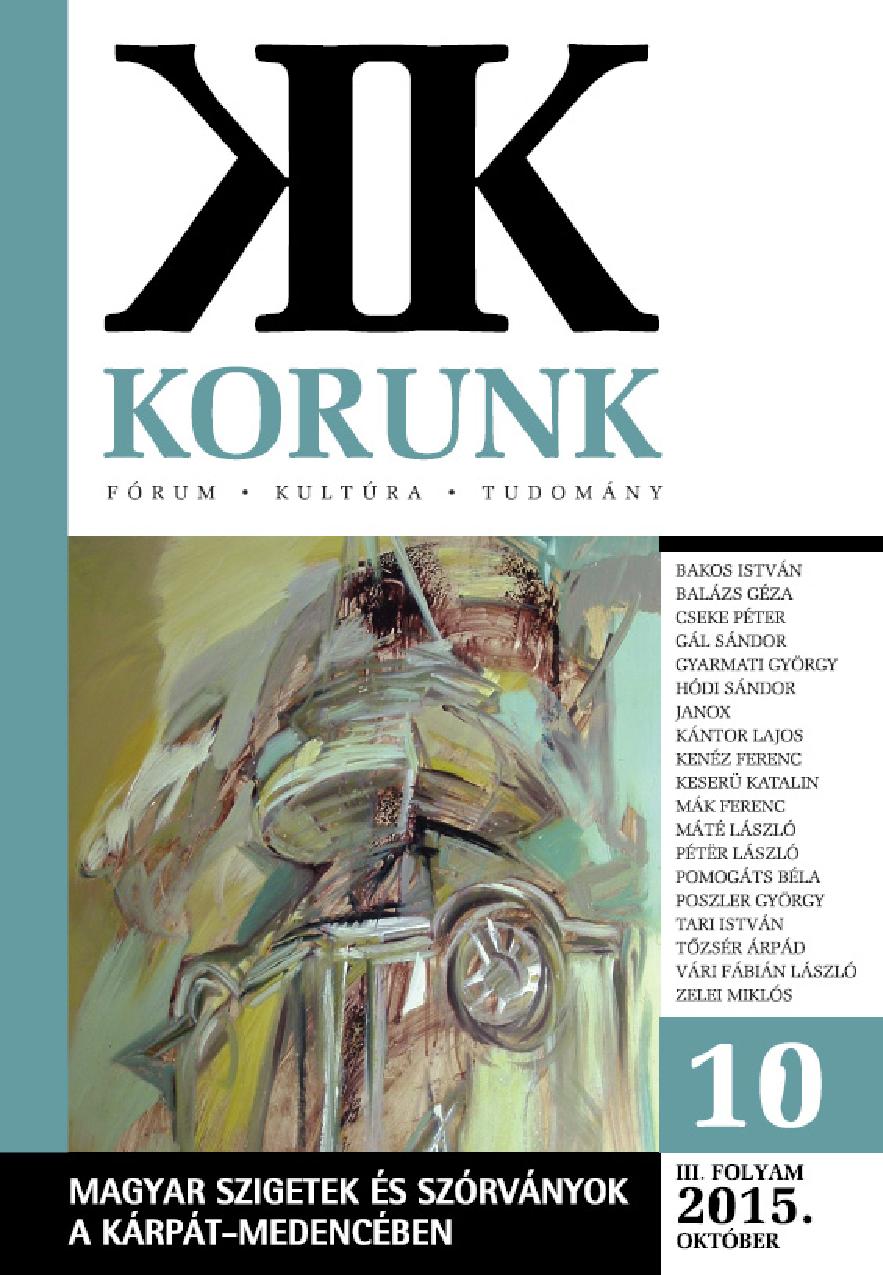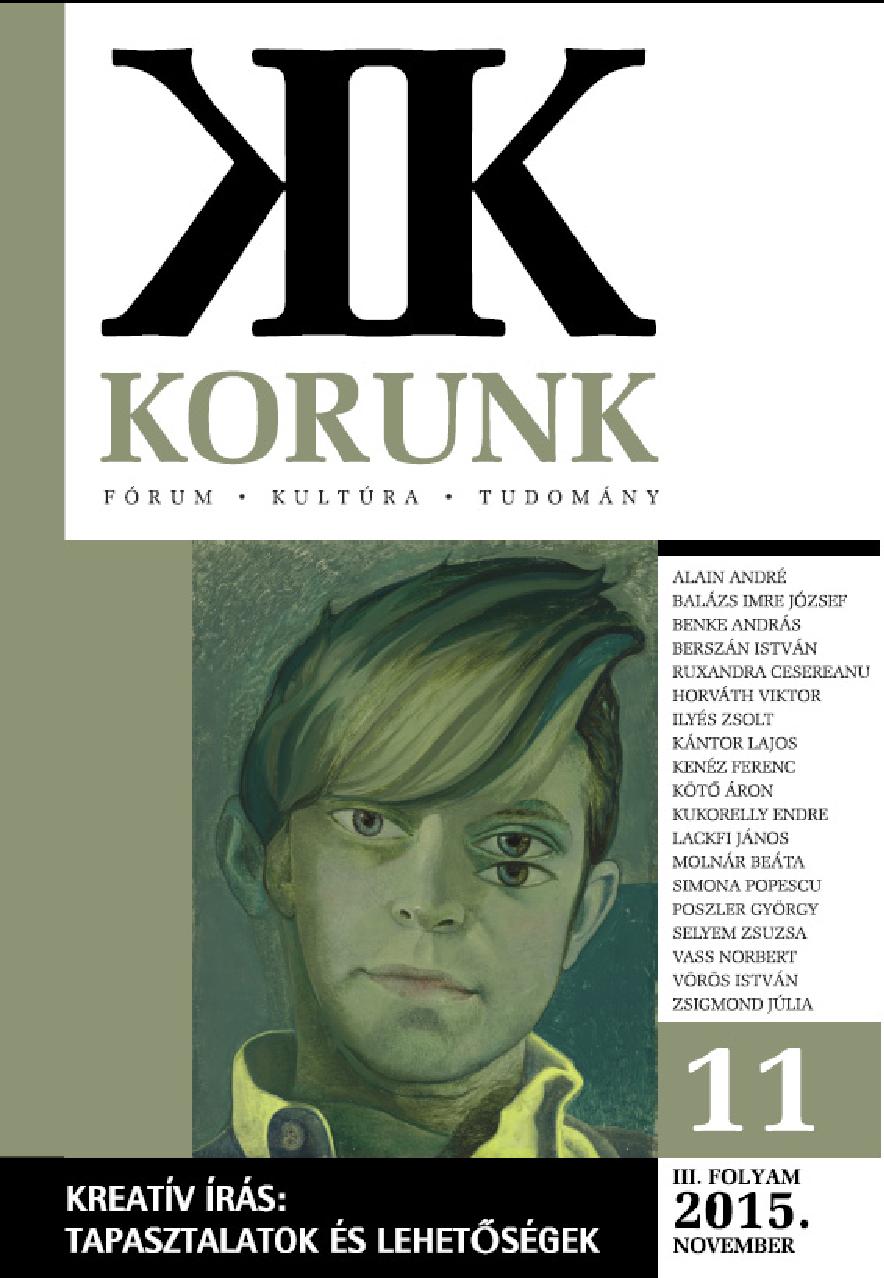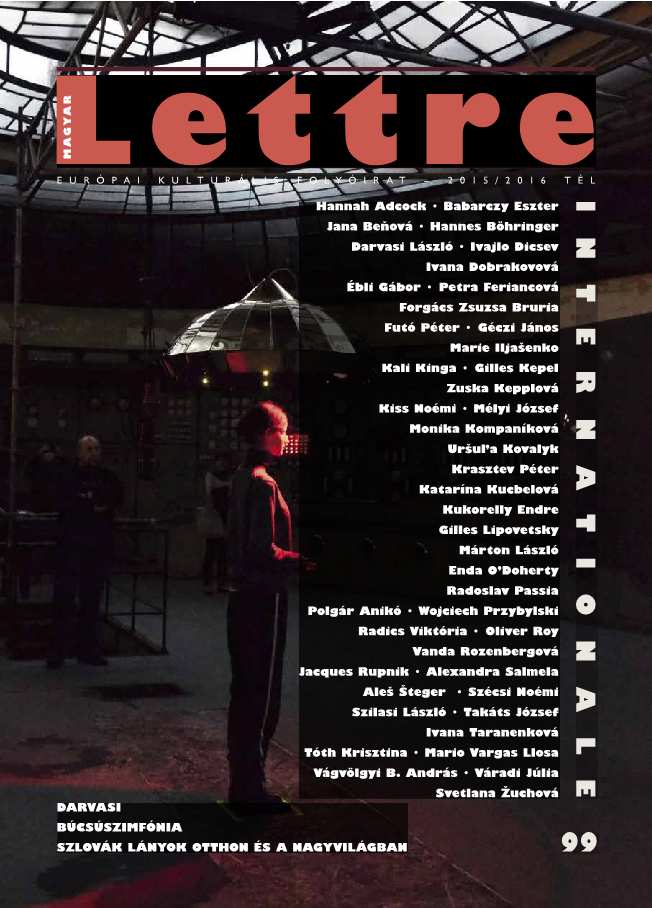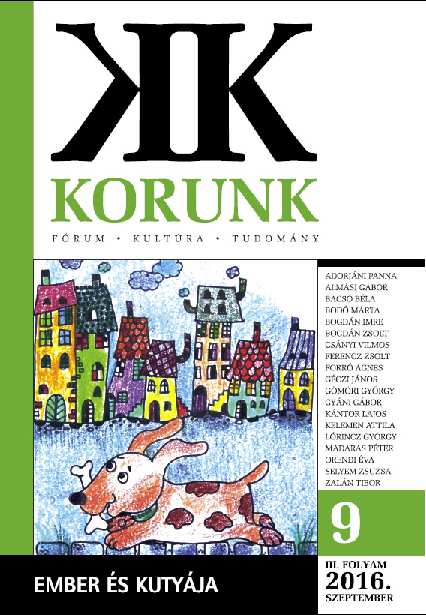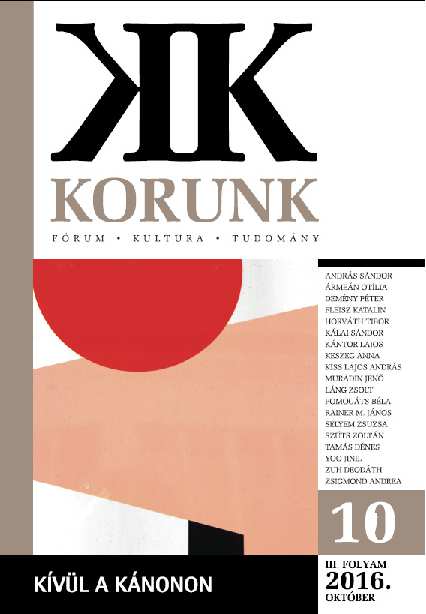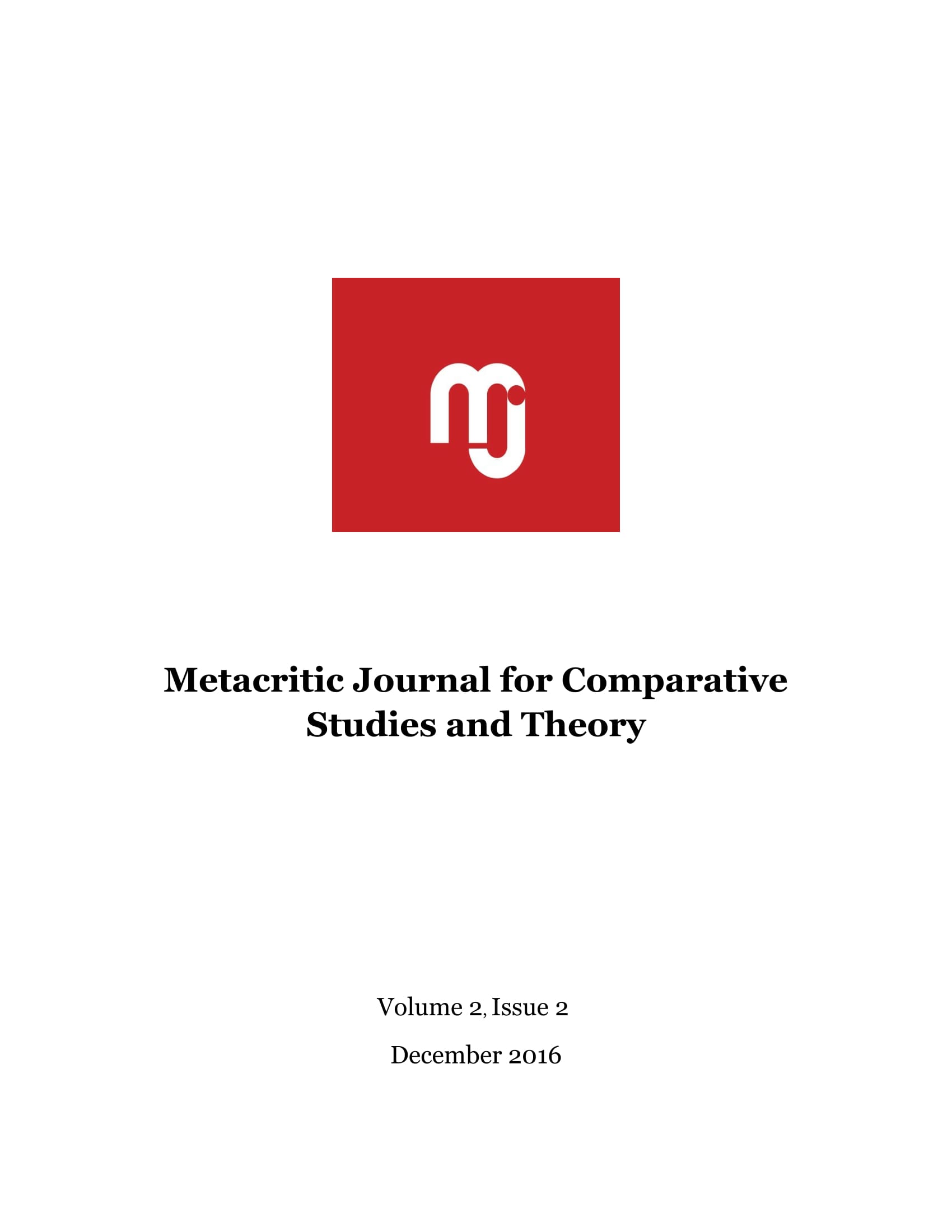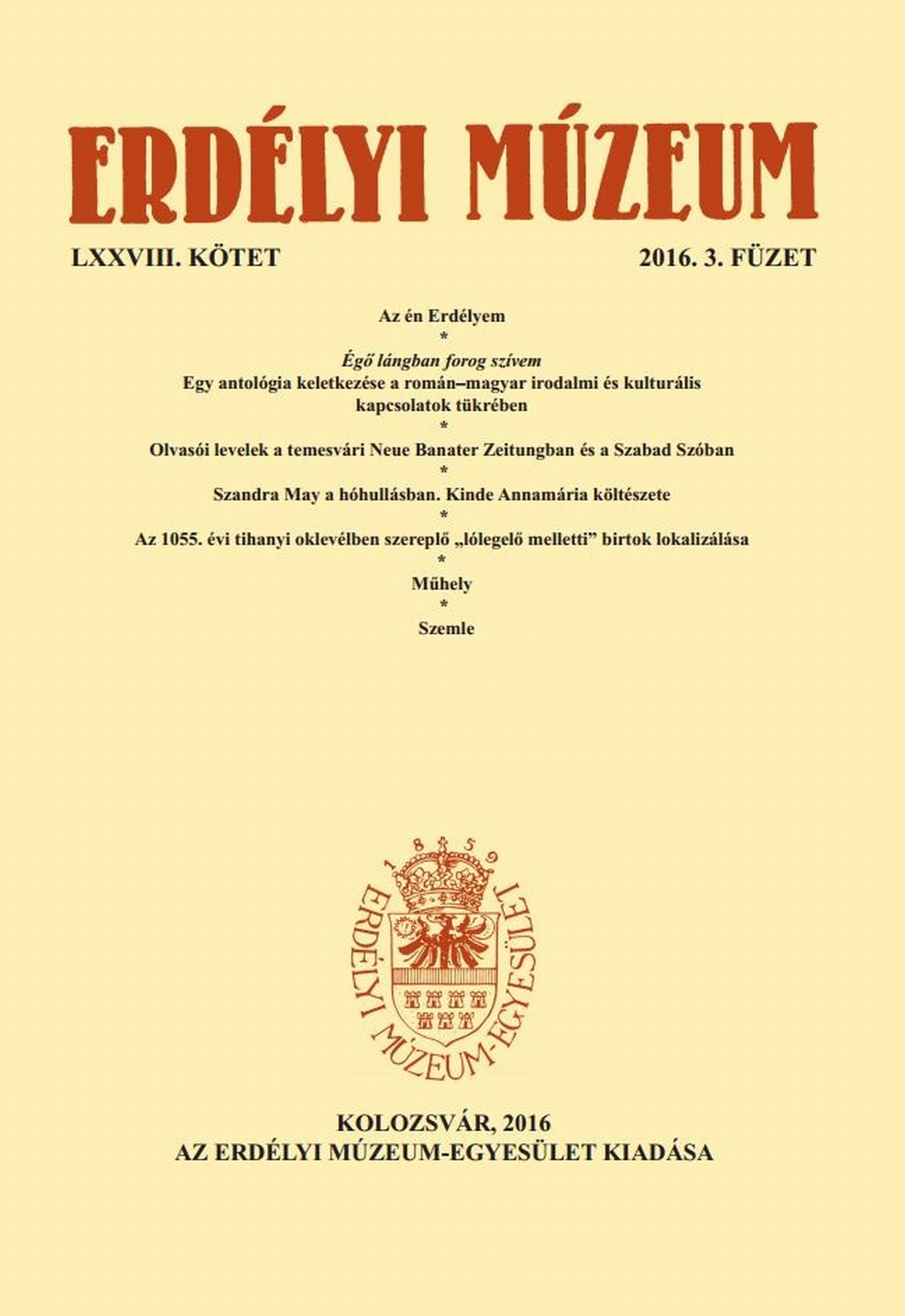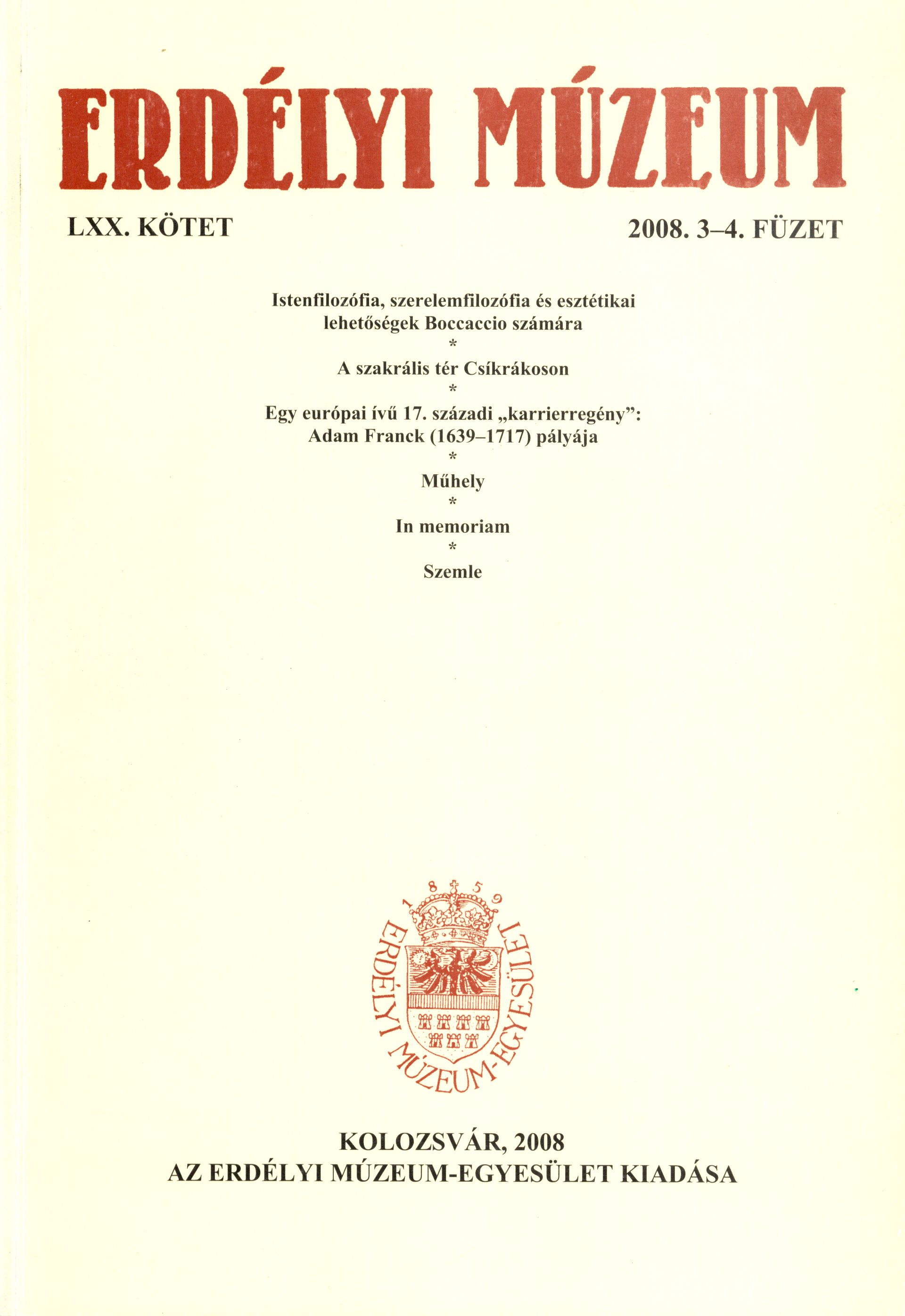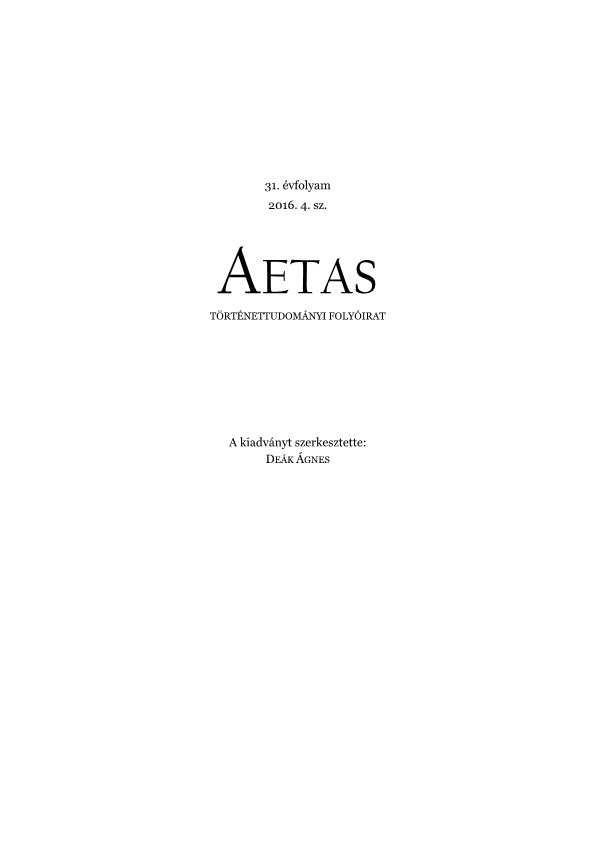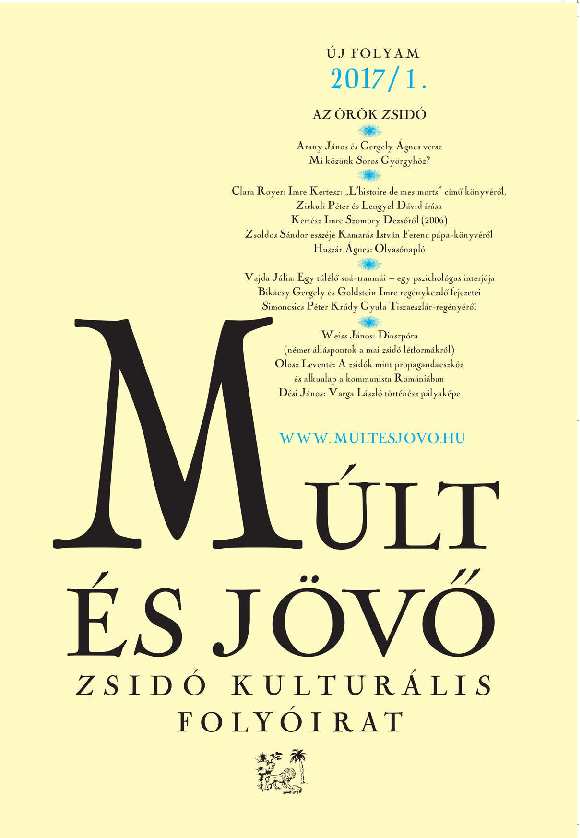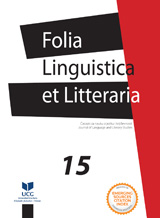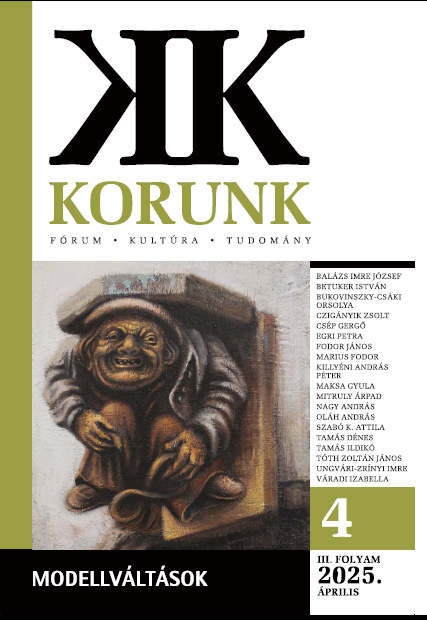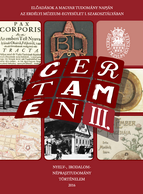
Orvostudomány és/vagy irodalom.
The century in which Ferenc Pápai Páriz published his Pax corporis (1690), the first medical book in Transylvania, is very interesting from the point of view of the sciences. In the 17th century takes place a major change in the system of the sciences. They split into different disciplines, different subcategories such as exact sciences, sciences of nature, philosophy, literature, theology etc., and their hierarchy changes as well. The change does not happen from one moment to the other, it is a much more complicated transition meant to be researched, as the forms, themes and old models of religious expression are still to be used even when it comes about scientific works, their publication and popularization. Pápai’s medical book represents a swift and valuable balance among medicine, theology and philosophy. Thus my questions are: How is this balance possible and what are its linguistic expressions in Pápai’s Pax corporis? Is there any theoretical background to this scientific-religious way of expression?
More...
